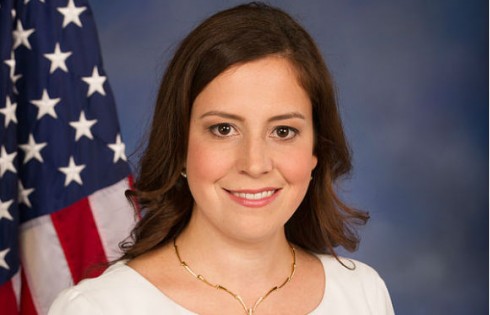
Most GDP benefits are wiped away from increased debt
President Joe Biden’s proposed $1.9 trillion stimulus plan would have almost no benefit on the gross domestic product according to the Penn Wharton Budget Model.
The PWBM is an economic modeling project of the Ivy League’s business school. Penn still hosts the Biden Center for Diplomacy and Global Engagement, though it only recently started hosting events after not posting on Facebook for one and a half years.
The Wharton budget model project “estimates that the full $1.9 trillion Biden relief plan would increase GDP in 2021 by 0.6 percent relative to baseline.” However, the additional public debt “would decrease GDP in 2022 by 0.2 percent and in 2040 by 0.3 percent,” according to a February 3 report. In other words, the small increase in GDP would be decreased the following year just on the additional debt spending.
One reason the researchers give is that the economy is operating closer to its full potential. Due to that, the benefit of increased spending is minimal.
For example, every $350 spent on extended unemployment insurance would only yield a benefit of $247, using the most optimistic projections.
A similar expenditure on local and state governments would yield a higher-end benefit of $203 per every $350.
The increased spending could harm economic growth in the coming years as investors buy government debt instead of investing their money elsewhere. “By 2022, government debt increases by more than 7 percent, leading to significant crowd-out of productive capital, as investors buy government debt with savings that would have otherwise gone toward investment in productive capital,” the research team explains.
The research team includes a wealth of experience in government budget modeling and analysis.
Researchers on the project include Alexander Arnon, a former Congressional Budget Office analyst, and Efraim Berkovich, an economist who developed the budget modeling. Richard Prisinzano also helped direct the project. Prisinzano spent “13 years in the Office of Tax Analysis at the U.S. Department of Treasury,” according to his bio.
IMAGE: Ollyy/Shutterstock
Like The College Fix on Facebook / Follow us on Twitter






Please join the conversation about our stories on Facebook, Twitter, Instagram, Reddit, MeWe, Rumble, Gab, Minds and Gettr.